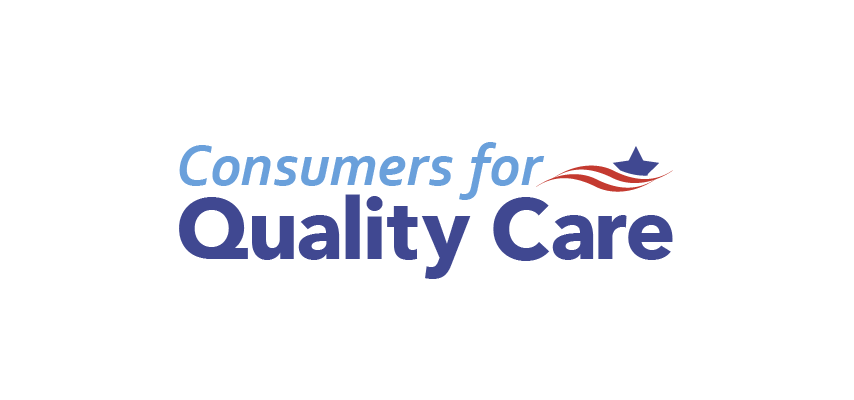As Coronavirus Attacks Communities of Color, Medicaid Expansion Can Help Build Resilience
By Donna Christensen & Jason Resendez, on May 18, 2020

Originally appeared on Morning Consult.
No one in this country should be surprised that COVID-19 is having a disproportionately deadly effect on communities of color in the United States. The coronavirus joins a litany of health inequities that plague low-income communities and people of color, underscoring the vital importance of health care access during pandemics and beyond. However, the virus comes in the midst of efforts by some state and federal officials to roll back access to Medicaid, a social safety net program that is vital to families in times of crisis like the one we find ourselves in. Coronavirus has made clear that Medicaid expansion must be a priority to our nation’s long-term planning and preparedness efforts to fight future threats.
Diabetes, HIV/AIDS, asthma, obesity, and Alzheimer’s occur at higher rates in people of color when compared to whites. These underlying conditions are exactly what put people at a higher risk for infection, severe illness and death from COVID-19.
Communities of color are more likely to live in poverty and to live in areas with high pollution and with substandard educational systems and housing. These social determinants, exacerbated by structural racism and limited access to the health care system, place these communities in the crosshairs of the current pandemic. Not only are communities of color facing the brunt of COVID-19 and other health disparities, they are doing so without health care coverage. In fact, the U.S. uninsured rate has reached a four year high.
The question now before us is: what are we going to do about it? From Detroit to New Orleans, Blacks and Latinos are facing higher rates of infection and death from COVID-19, and the Navajo Nation has lost more lives to the deadly virus than 13 states combined.
As advocates call for better data reporting on the racial and ethnic impacts of COVID-19 and for better testing in hard hit communities, improved access to health care must be part of the long-term solution. The virus is magnifying the long-standing disparities among racial and ethnic groups in America and is intensifying the urgent need for Medicaid expansion.
If we want to build resilience against the coronavirus – and the next pandemic – we will need a healthier population overall, which means an insured population.
Yet, today about 21.8 percent of American Indian/Alaskan Native, 17.8 percent of Latinos and 9.7 percent of blacks are uninsured, versus just 5.4 percent of whites. Those numbers have steadily increased under President Donald Trump, after years of decline in the wake of the Affordable Care Act.
Medicaid provides critical access to care for millions of low-income Americans and expanding it will have a greater effect on communities of color. With more coverage, the chronic conditions that disproportionately affect these communities can be detected and treated, making these individuals less vulnerable to future pandemics.
…
